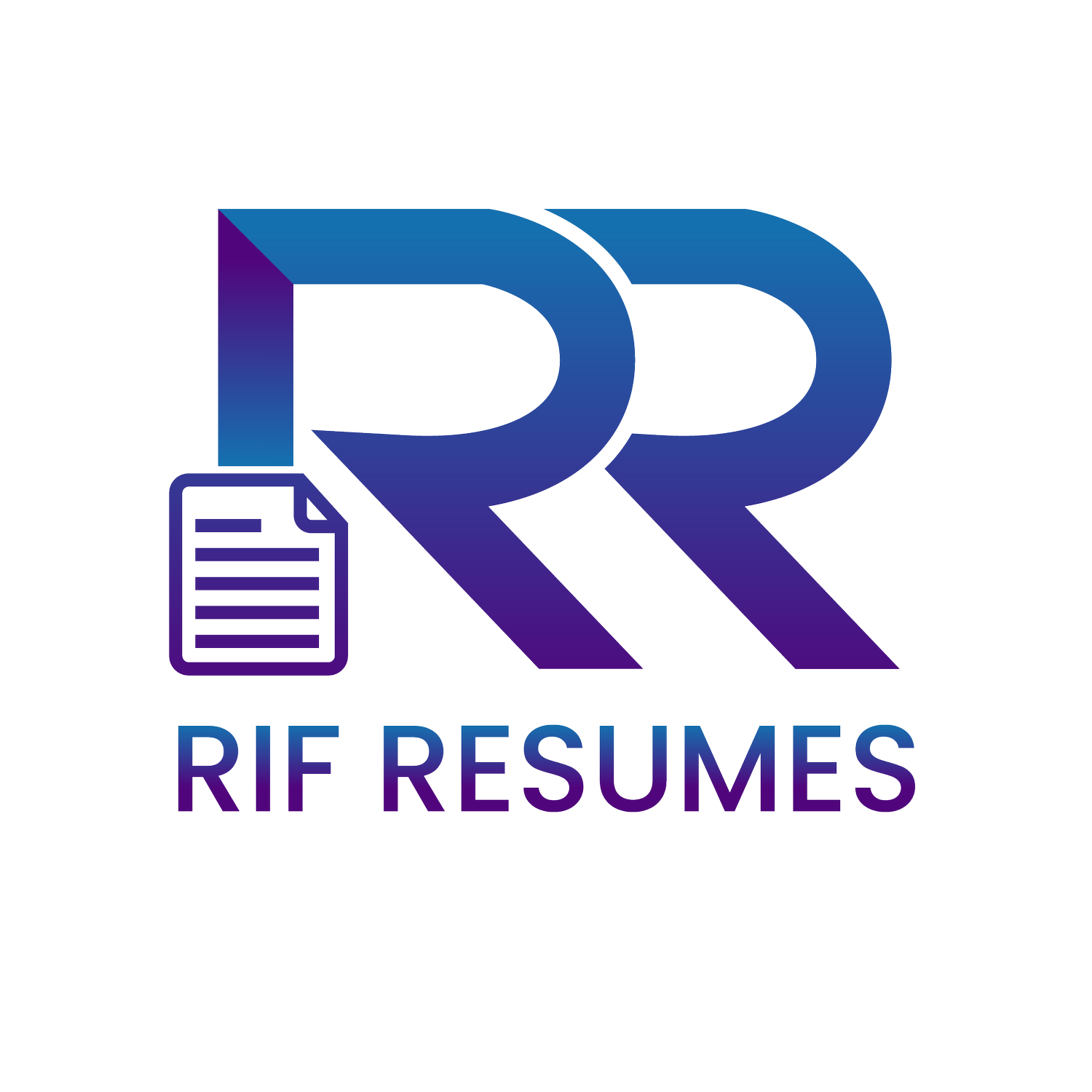Future-Proof Careers: Jobs Least Likely to Be Replaced by AI
🔍Introduction
Artificial Intelligence is transforming industries, streamlining processes, and—let’s be honest—stoking fears about job security. But while AI is advancing rapidly, not all roles are at risk of automation. In fact, many jobs remain rooted in qualities that machines simply can’t replicate: empathy, judgment, creativity, physical dexterity, and trust.
If you're thinking about the future of your career, or considering a pivot into a more "AI-resilient" path, this guide is for you.
Here are six categories of work that are least likely to be replaced by AI, along with examples and why they remain human-centered.
🧠 1. Human-Centered Professions
These roles depend on emotional intelligence, ethics, and real human connection.
Examples:
Therapists & Mental Health Counselors
Nurses & Nurse Practitioners
Social Workers
Teachers (especially K-12 & Special Ed)
Why AI Can’t Replace Them:
Emotional nuance, ethical judgment, and trauma-informed communication aren’t programmable. These roles require presence, not just processing.
🤝 2. Relationship-Driven Roles
Trust, influence, and negotiation are the backbone of these jobs.
Examples:
HR Business Partners
Enterprise Sales Executives
Fundraisers
Talent Acquisition Specialists
Why They Resist Automation:
These roles succeed based on trust, intuition, and people dynamics. AI can analyze data — but closing a deal or navigating office politics still needs a human touch.
🛠️ 3. Skilled Trades & Hands-On Work
These roles involve physical problem-solving and situational awareness.
Examples:
Electricians
Plumbers
HVAC Technicians
Auto Mechanics
Carpenters
Why They’re Safe:
Robots struggle with unpredictable, real-world environments. These trades require on-site presence, adaptability, and dexterity — all difficult to replicate.
🎨 4. Creative & Interpretive Fields
AI can assist with creativity, but originality and human taste still reign.
Examples:
Creative Directors
UX Designers
Musicians
Art Therapists
Photographers (especially event photographers)
Why They Matter:
True creativity isn’t just generating content — it’s about interpreting emotion, culture, and human experience. AI tools support, but don’t replace, the creator.
⚖️ 5. Strategic & Legal Roles
Context, critical thinking, and high-stakes decision-making define these jobs.
Examples:
Corporate Strategists
Policy Advisors
Judges & Mediators
Attorneys (especially litigation & family law)
Compliance Officers
Why They Last:
Laws, ethics, and leadership involve too much nuance and unpredictability for automation. A machine may suggest, but a human must decide.
📍 6. Jobs Requiring Local Knowledge or Physical Presence
Some jobs rely on context-specific expertise, hands-on support, or strong local networks.
Examples:
Real Estate Agents
Event Planners
Chefs & Restaurant Managers
Personal Trainers
Caregivers
Why AI Struggles:
These roles require adaptability, soft skills, and local know-how. People still want human connection when it comes to their homes, health, and experiences.
🧭 Final Thoughts
AI is powerful — but not omnipotent. As automation reshapes the workforce, the most future-proof careers will be those that lean into what makes us human:
Connection
Compassion
Critical thinking
Creativity
Community
If you’re in a transition period — after a layoff, career change, or just rethinking your goals — focus on the skills that machines can’t mimic.
Because the future of work still needs you.

